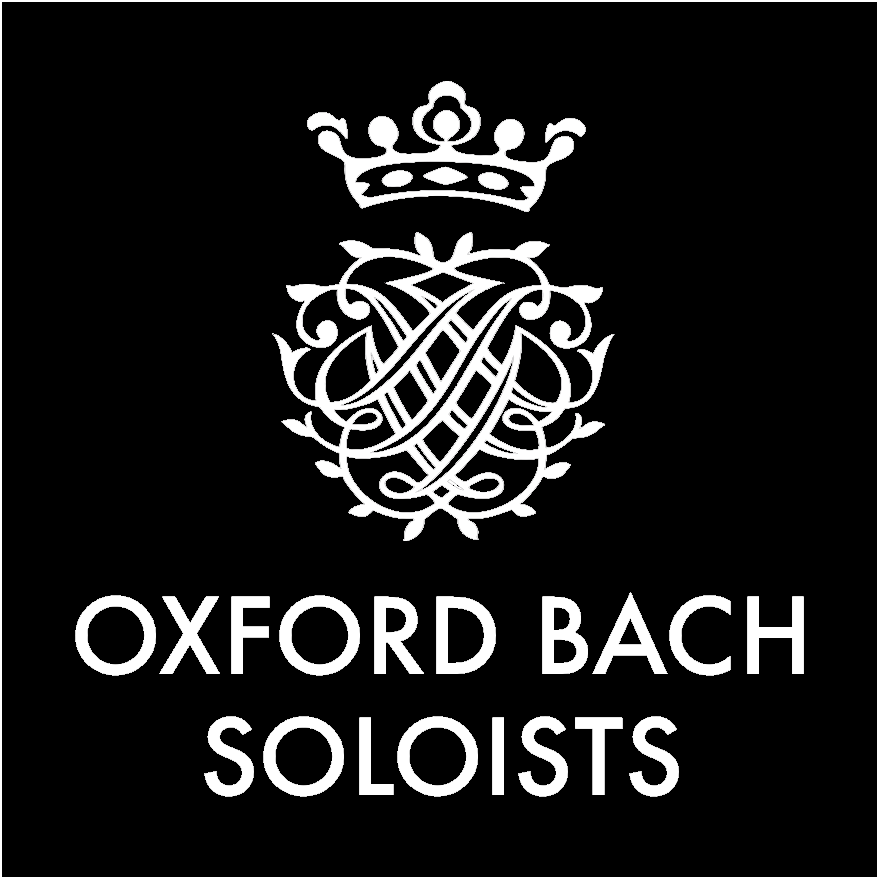Transformative imitation or just plain theft?
Bach’s Cantata 21 Ich hatte viel Bekümmernis (I had much grief) is described as “one of the most extraordinary and inspired of Bach’s vocal works” (John Eliot Gardiner). With eleven movements lasting about 40 minutes, it is the longest and grandest of all the cantatas, and should prove to be a highlight of the Oxford Bach Soloists’ year when they perform it on Sunday 3rd June. The cantata moves progressively throughout from darkness into light, as it explores the anguish of being separated from God before his encouragement comforts and alleviates this loneliness: the mysterious opening sinfonia is a dialogue between a plaintive oboe and solo violin, leading seamlessly into the opening chorus, breathlessly sobbing “Ich, ich, ich, ich hatte viel Bekümmernis” (I, I, I, I had much grief). The final movement of this work sets the passage from the Book of Revelation (5:12-14), ‘Worthy is the Lamb that was slain…’ that many of you will know from the end of Handel’s ‘Messiah’. The most immediate difference is that Bach, in Luther’s translation, uses his vernacular as distinct from Handel’s use of the text in English. However, if we look at the style and instrumentation, there are considerable similarities!

Francisco de Zurbarán ‘Agnus Dei’ (c. 1635-40)
It is tempting to ask whether Handel studied the last chorus of Bach’s Cantata 21 before he composed Worthy is the Lamb. There is much musical evidence to suggest this may have been the case, and Handel composed his work thirty years after Bach wrote his cantata. Could he have heard a performance of the cantata, or heard it discussed by his contemporaries?
As Gardiner puts it, “one could well ask whether Handel, with his keen eye for what has been called ‘transformative imitation,’ hadn’t seized on it as a useful paradigm for his great closing chorus. There are the same imposing blocks of homophonic declamation and sense of mounting excitement drawing on the most elementary and compelling armaments in the eighteenth-century composer’s locker.”
That said, Bach scholar Jack Westrup assures us that Handel and Bach were composing according to common procedures of the time and that there is no need to assume that Handel was borrowing. The use of the same text and the similar way of treating it might just be an illuminating confluence in how two great composers, who famously never met, drew from established modes of composition of the period.
But don’t leave it to the experts – join us on Sunday 3rd June to hear both works performed side by side and make up your own mind!


